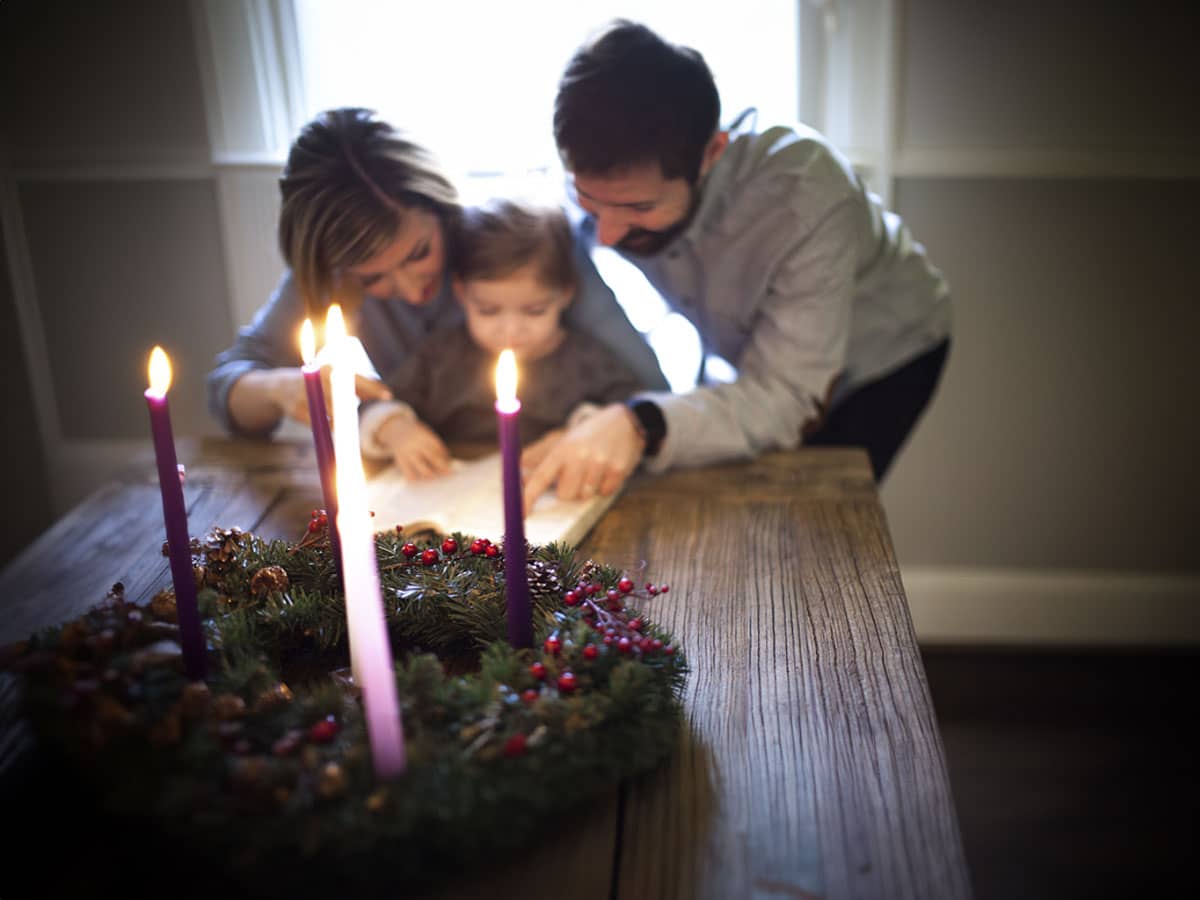Would religion have saved me, if I had one or could have adopted one? Years later, as an adult, I read in one of the women’s magazines I wrote for at the time an article that actually dealt with the subject of “mystical experiences.” These could be unhealthy, even shattering, the writer averred, unless a person had a religion in which to “house” them. This was the function of religion, in fact—to serve as a safe storage space for the unaccountable and uncanny. You were to carry your mystical experience back from the desert or wherever, and place it on, say, your improvised home altar, along with the images of Ganesh and the Virgin of Guadalupe—a little personal sample of the sacred. Better yet, you’d have a whole church filled with other people who did not find you crazy. And when I read this article, sometime in the 1980s, I thought, Ah, that’s what I needed during my post-epiphany crack-up! I should have been whisked off to a Buddhist nunnery, or maybe a fourteenth-century order of Beguines, where I could have meditated and discussed the undiscussable with like-minded others. I should have been debriefed by the mother superior— so superior to my own!—and filled my days with simple chores, punctuated by outbursts of group song.
So yes, those last few months in L.A. would have gone much better, from a mental health perspective, if I’d had a religion in which to house the epiphany of May 1959, and a god, preferably a benevolent one who did everything for some ultimately kindly reason. In fact the whole world would be a far better place if everyone subscribed to a belief in a good, just über-being, who punishes malefactors and rewards the pure of heart. Best of all, of course, would be a universe that is actually ruled by such a being, where even cruel or inexplicable things all happen “for a reason.” But I doubt if such a universe—one run by a good and kindly god— would bear much resemblance to the one we have, this scene of constant carnage, where black holes crouch in the center of galaxies and feed on stars and planets, where an asteroid could wipe out the earth’s most advanced reptiles just as they were beginning to nurture their young and hunt in packs, where babies die every day.
Besides, if I was not ready to attribute consciousness to other humans, how was I going to attribute it to the far dodgier category of “God”? Maybe it’s possible to be both a solipsist and a theist; in fact a combination of the two may help explain the long history of religiously motivated persecutions and massacres. But I knew that, outside of fairy tales and religion, there were no gods and no spirits, and I was not prepared to see my experience in May as a possible refutation of that obvious fact. My “epiphany” could not have been an encounter with some other mind or intelligence, because there was no firm evidence that such a thing existed. It was just a mental breakdown, internal to myself, best thought of as a kind of equipment failure.
A few days before my departure for college, I reflected, disjointedly, on the coming transition [in my journal]:
I am trying to understand the situation. Not The Situation, but the immediate exigency of going away to college. Sometimes I get a grip on one or two wispy filaments, but I cannot hold all the elements of this change at once. Right now mother is in the kitchen crying because my tuition will so painfully drain her resources. That is an element. Daddy looks at me thoughtfully and fancies he understands me and wishes we could talk. Diane is simpler. She wants me to stay or her to go with me. Benny? He has enough to think about without me. The ponderous problems of puberty are his. I am sorry to take so much of their money....Something had to happen though.
I thought I should feel excited, but I knew that anything important that was going to happen to me had already happened, and that the rest of my life was a purely optional excursion. I had been reading Proust, which led to the question of whether anticipation wasn’t just a by-product of memory anyway. Was I anticipating the coming years of study and “irresponsibility,” as I put it to myself, or was I, through some odd temporal aberration, already looking back on them? In fact I am very mixed up as to sequences. All we have, truly, is the past. Hope can be constructed only out of fragments of past happiness whose recurrence seems likely (or, at least, advisable). Isn’t the aesthetic sense only a delicate selective nostalgia? This week I think Proust was right that beauty occurs when present dim reality is mnemonically connected to some lost past experience.
Clearly I am dodging something here, spinning out speculations to distract myself from something painful. That I was leaving my family, which had always traveled as a unit before? That I had failed in my five-year-long quest for “the truth”? Well, not entirely failed, since I knew something that I hadn’t known before. But as my mother had said years earlier, after my theological argument with Bernice, if you can’t say what you know in words, you don’t really know anything. Then I ended this entry on a note of self-mockery, attributing my “spleen” to the late summer haze that had been leaching color out of the sky. “When the weather is better I can be a Nietzschean superlady—becoming, every day, in every way, better and better.” The truth was that everything was over— and everything was just beginning.
From the book LIVING WITH A WILD GOD: A Nonbeliever’s Search for the Truth About Everything Copyright (c) 2014 by Barbara Ehrenreich. Reprinted by permission of Twelve/Hachette Book Group, New York, NY. All rights reserved.

